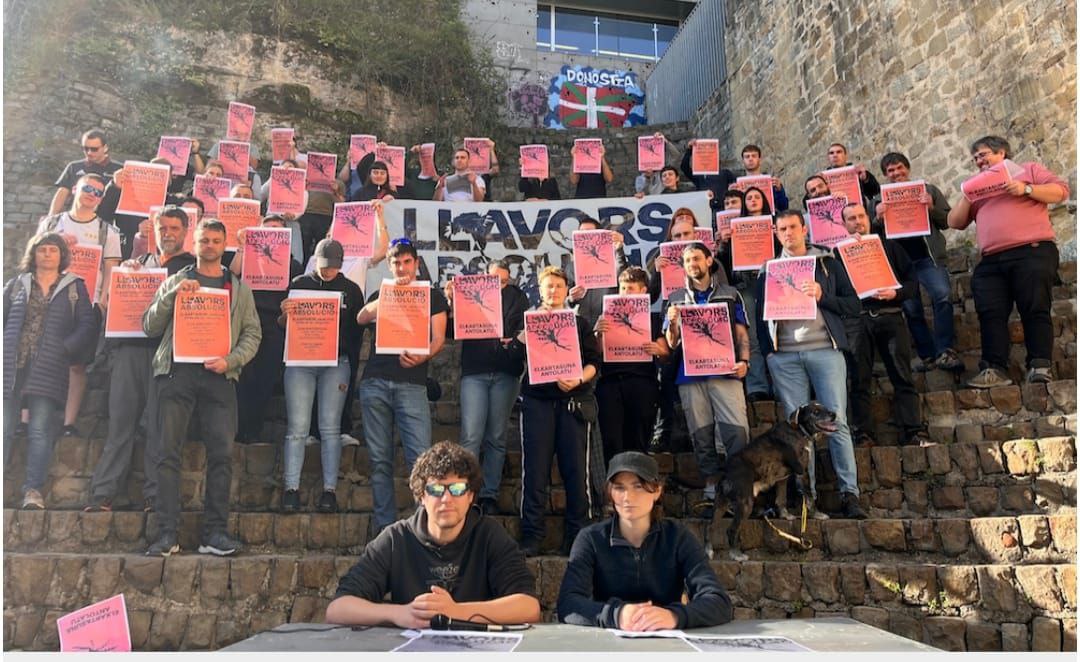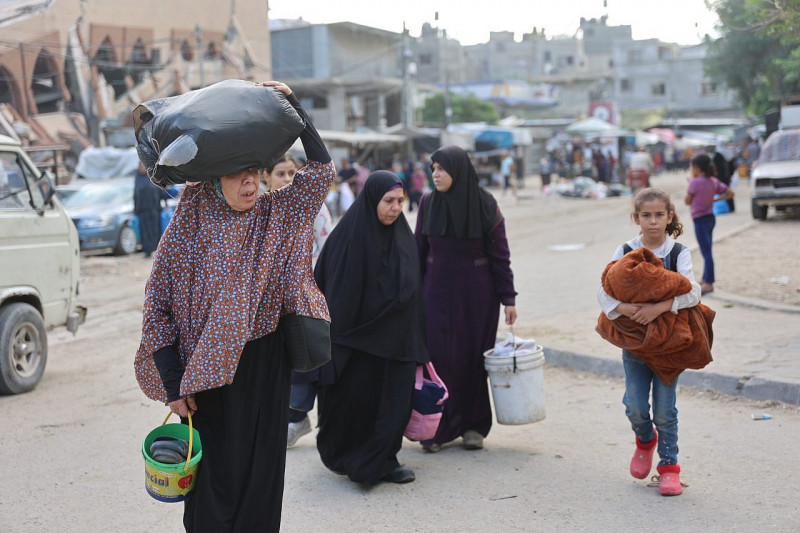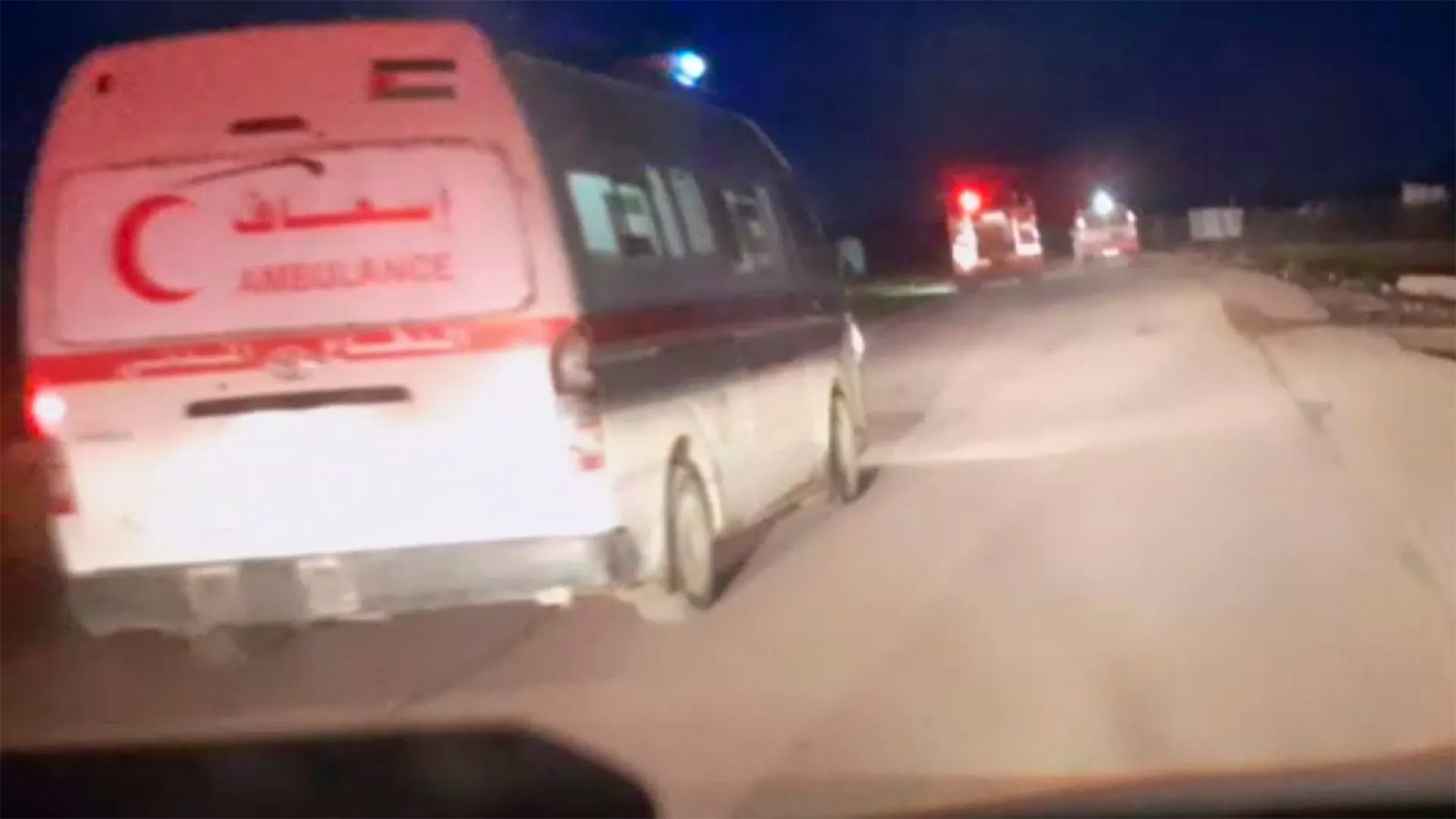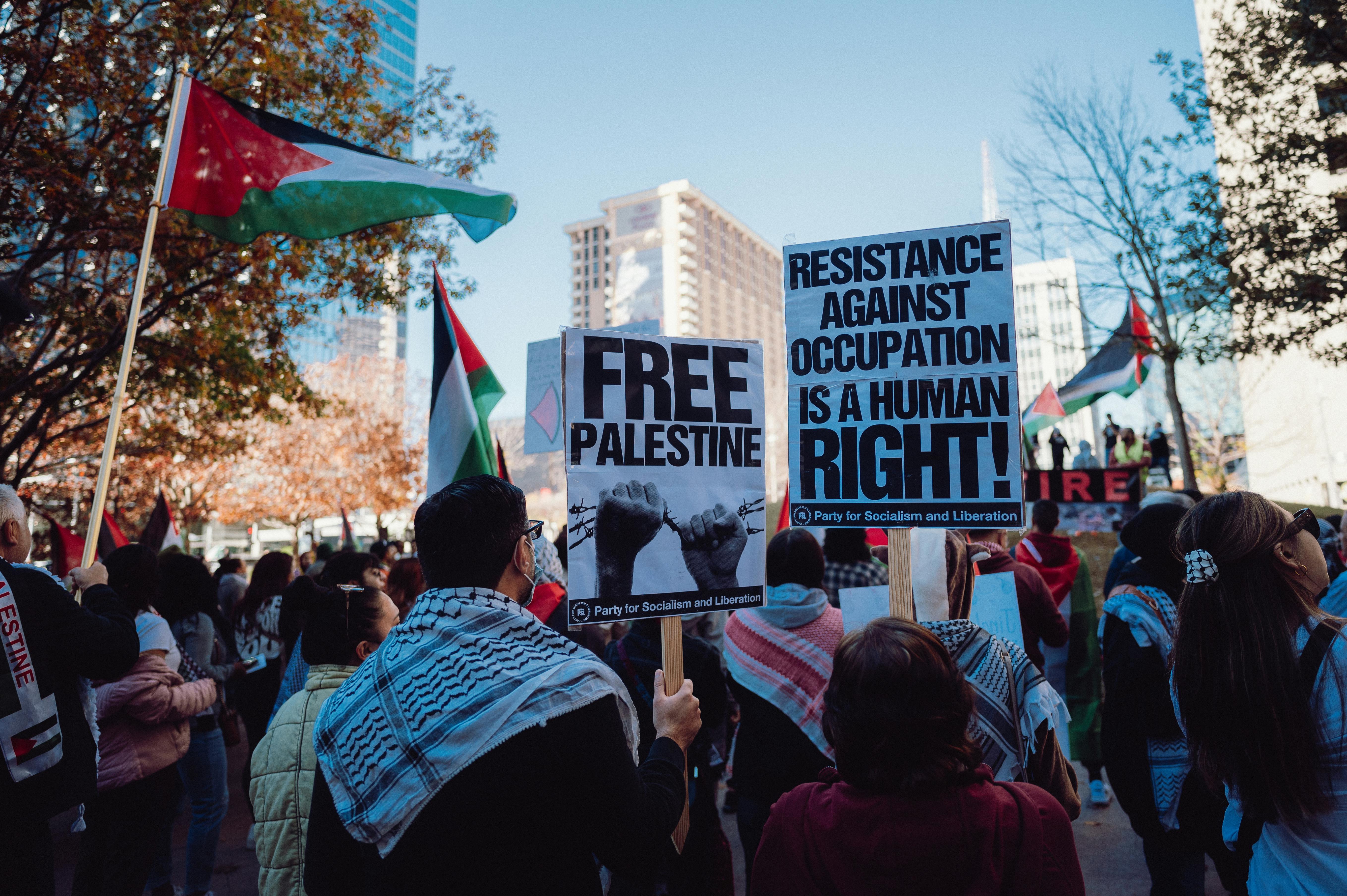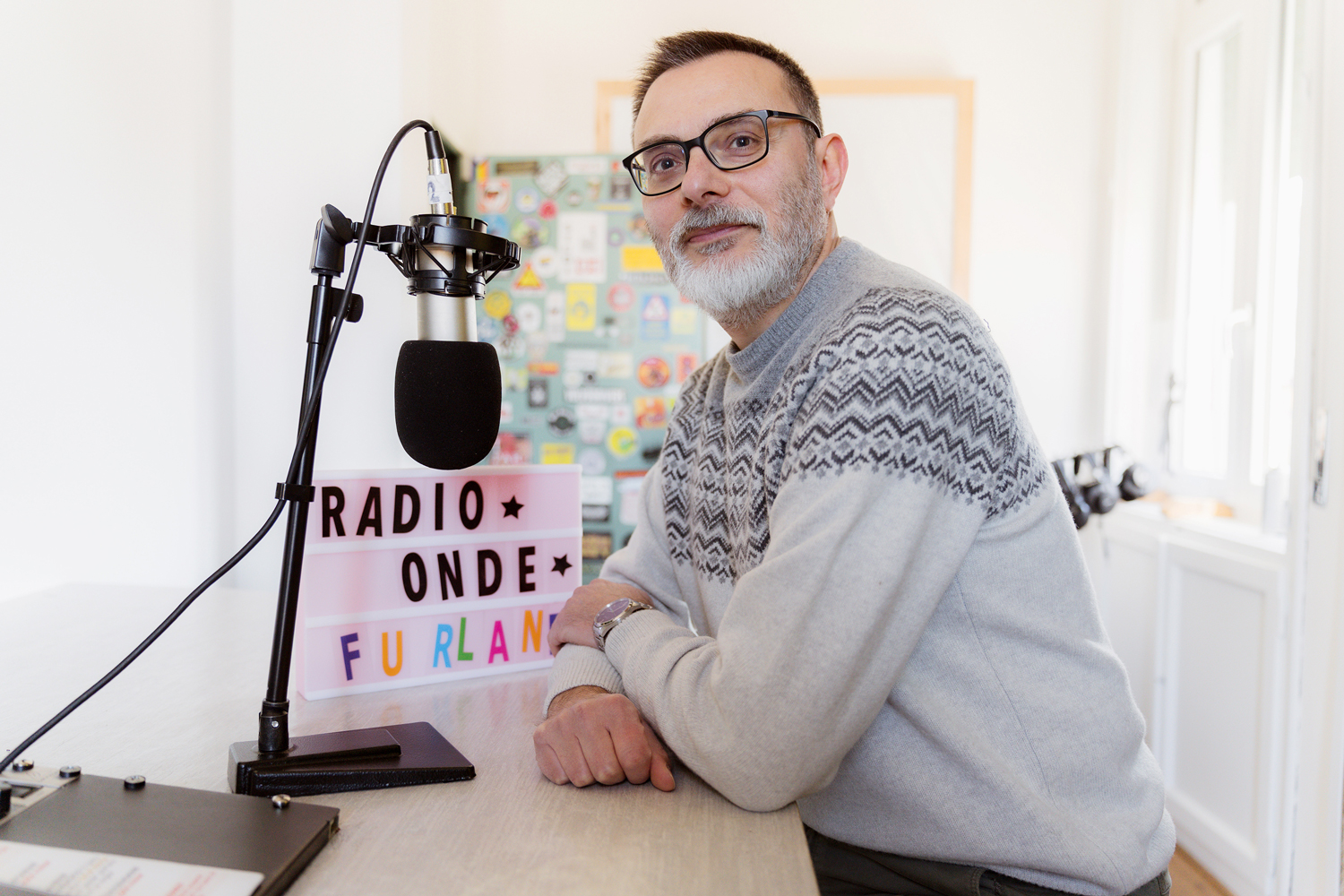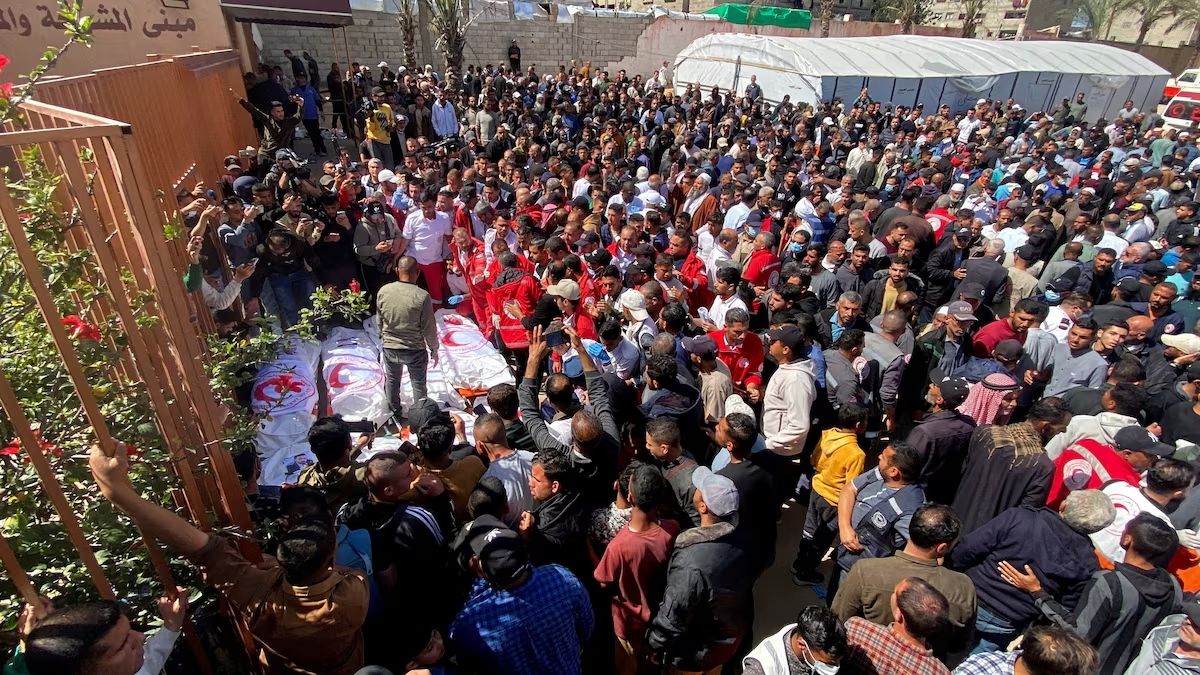
Two weeks ago we left the Occitans preparing their people for war. It wasn't any war. During the 13th century, the sieges were ruthless in the territory of Occitania and suffered unforgettable violence.
We said the Crusade was, in fact, heraxial anti-cataract. The world of cataracts has historically been badly treated. Their historical news reaches us, to some extent, through mythology and violent texts of tourist guides, as happens with the spell. However, as for the heresy of cataracts, perhaps what worries me the most is, along with the deformation of the cataro, the memory loss of the occitan culture that sustains it. As I said in the first text, for me the memory of the destruction of Occitan culture is a black hole in the history of the construction of today’s Europe. So even though it's a very interesting historical fact, I'd rather not talk about the inheritance of cataracts. Not at least in theological terms. The goal of the 13th century war was much prosaic: The territories of the king of France were intended to extend their influence to the Pyrenees. And to do so, they used all the violence.
"Clean all. You'll know who your own are." All the Christians, Jews and heretics who were there died
Prosaic objectives included the extension of fear to achieve desperate surrender. That is why they killed all those who lived in the city of Beziers after the siege. From that time it is the well-known sentence: the besiegers crossed the gates of the city and, while the swords and the machetes traveled through the streets, they asked Archbishop Guerrero Arnaud Amalric how to do the falls to differentiate them from other Christian citizens. That waiter of God didn't get complicated. "Clean all. You'll know who your own are." All the Christians, Jews and heretics who were there died. And after the death of all the inhabitants, they burned all the houses. The aim of the besiegers was not heresy. The people in the countryside were becoming increasingly clear that they were occupying forces. The memory of the people is known as the great massacre (large massacre) of what happened in Beziers. A month later, Carcassona faced the site. The French left the city without water in that hard August and had to give up. In this case, fortunately, no one was killed, but all citizens were taken away from their homes and all their property and forced to leave the village in skins.
The song of the crusade also tells the disaster, the end of an era, how it was the end of the time when they gathered to sing soft songs in the gardens:
And in the Montoliu field, they plant a garden.
Daily germination and germination, with lily planting,
but white and red that grows and flourishes
They are flesh and blood, swords and extended marrow.
The war did not end in Carcasson, there were more battles, more lost fights, burned falls and more dead people. They were also the ones who decided and managed to escape. Many went into exile, including poets. And after all this, the king of France, to cope with Occitania's impressive cultural capacity, built a university in Tolosa. And, of course, the most important territories passed into the hands of the French lords. Because the basis of colonization is the elimination of land to others. And weaken the fabric of relations between the owners of that land, attacking the culture that unites them. Occitany did not end, there are still people speaking Occitan?, not all the trovators died, their influence will still be seen in European poetry, but the hope of a culturally dignified future was drowned.
"XIII. From the twentieth century on, Europe met itself, and since then it only left its continent to destroy its surroundings” (Simone Weil).
Simon Weil says so about the Occitania disaster: "XIII. From the twentieth century on, Europe met itself and from then on it only left its continent to destroy the surroundings.” Historians don't like to write too round statements, so we borrow statements by Simon Weil and others. In my opinion, at least to think about the construction of Europe and the colonialist ideology exported from Europe, the sad example of Langedoc serves us.
Gozamen aparta bezain deskribatzeko zaila dakar, norbaiten hitzak irakurri edo entzun ostean, zera pentsatzeak: “Horixe zen neu aurreko hartan azaltzen saiatu nintzena!”. Idazlea eta itzultzailea da María Reimóndez, eta galegoz aritzen da, hizkuntza... [+]
Egypt ' s urban planning plan for the Gaza Strip has recently been expanded. A drawing shows the streets, buildings and imagery of the future on a reality that still smells of shrapnel and explosives. The urban planning proposal, used as another bomb shot. Individual house... [+]








